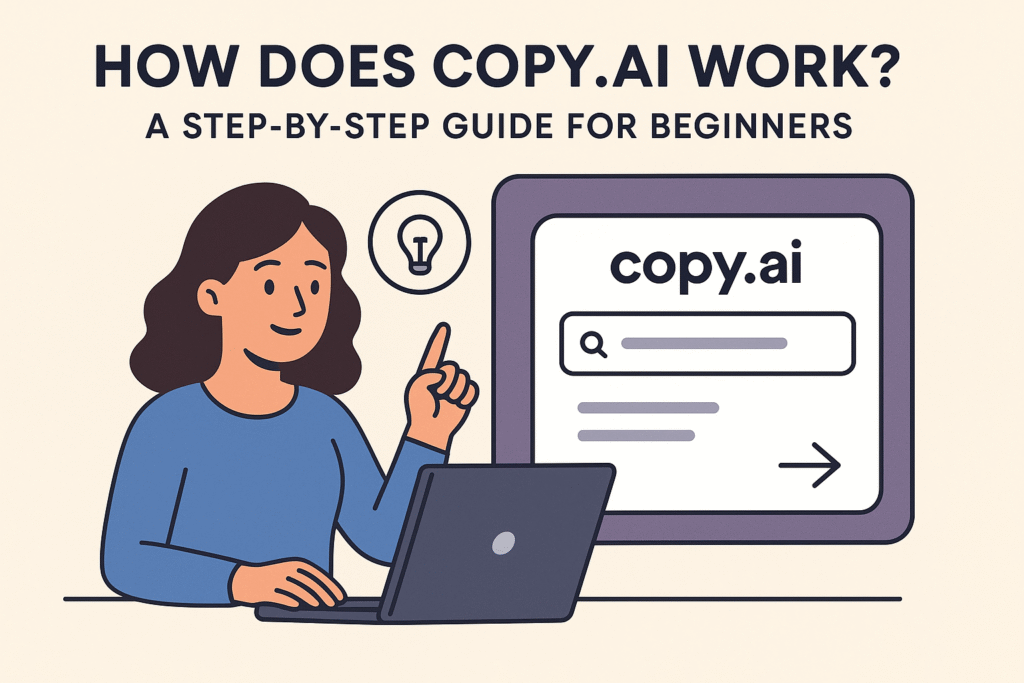We all use the word daily. We search for the “best” coffee shop, the “best” movie, or the “best” way to do something. But what does this simple, four-letter word truly mean? The concept of “best” seems straightforward, yet it represents the highest level of quality or excellence in any given category. It signifies something that surpasses all others. However, defining what is truly best is a complex task. The meaning can shift dramatically depending on who you ask and what you are discussing. Ultimately, understanding this term involves looking at both personal feelings and objective facts.
Understanding the Subjective vs. Objective Best
Often, what one person considers the “best” is deeply personal. This is known as the subjective view. It is shaped by individual tastes, past experiences, and personal values. For example, your favorite book might not have won any awards, but it is the best to you because it resonated with your emotions. Similarly, your idea of the best international cuisine might be completely different from your friend’s, based purely on personal preference.
In contrast, there is also an objective way to define what is best. This approach uses a set of agreed-upon standards and criteria to measure quality. Think of major awards in film or product testing. A movie must meet specific rules to even be considered for a “Best Picture” award. Furthermore, consumer reports test products based on factors like performance, safety, and value. This method tries to remove personal bias from the equation. It aims to find a product or service that is verifiably the best for most people based on measurable data.
How Do We Find the Best Products and Services?
Determining the “best” often involves a structured process of research and evaluation. In the world of consumer goods, many organizations dedicate themselves to finding the top products on the market. They use a combination of expert analysis and real-world testing to make their recommendations. For instance, a team might spend weeks testing dozens of vacuum cleaners to find the one that offers the best suction, durability, and ease of use. This hands-on approach ensures the results are practical and reliable.
This process is becoming even more sophisticated with new technology. For example, experts are exploring how artificial intelligence is revolutionizing industries by analyzing vast amounts of data to identify the best strategies or products. However, with so many claims out there, it is also crucial for consumers to be discerning. Learning how to apply fact-checking skills to reviews and headlines helps ensure you are getting accurate information. Finding the best choice requires a careful and informed approach.
Key Criteria for Determining the Best
When experts or consumers evaluate something, they often look at several key factors. These criteria help create a balanced and fair assessment. Some of the most common factors include:
- Quality: This refers to the materials, craftsmanship, and overall durability of a product or the skill involved in a service. High quality often means something is built to last.
- Value: This is not just about price. Instead, it is about what you get for your money. The best option often provides excellent performance and features for its cost.
- Performance: This measures how well something does its intended job. For instance, the best laptop will be fast, efficient, and capable of handling demanding tasks.
- User Experience: This considers how easy and enjoyable something is to use. A product with a great user experience is intuitive, comfortable, and free of frustration.
The Psychological Drive for the Best
The desire to achieve or possess the “best” is a powerful human motivator. This drive for excellence can be a very positive force in our lives. It pushes us to learn new skills, work hard, and reach our full potential. Striving to be your best self can lead to great personal and professional achievements. Moreover, this ambition fuels innovation and progress across society, as people constantly work to create better solutions and ideas.
However, this pursuit of the best can have a downside. When the desire for excellence becomes an obsession, it can turn into unhealthy perfectionism. This condition is marked by setting impossibly high standards and being overly critical of oneself and others. This relentless chase for an unattainable ideal can unfortunately lead to significant stress, anxiety, and even burnout. It’s a fine line between a healthy drive and a harmful obsession.
Is Chasing the Best Always a Good Thing?
While a healthy pursuit of excellence is beneficial, maladaptive perfectionism can be paralyzing. It is often driven by a fear of failure rather than a genuine desire to improve. According to experts, this can lead to procrastination because people fear they will not be able to meet their own lofty expectations. As noted in research on perfectionism, this pressure can be especially intense for young people, potentially impacting their mental and physical well-being.
The key is to find a balance. It is important to have goals and to strive for improvement. However, it is also crucial to be kind to yourself and recognize that making mistakes is a natural part of growth. Focusing on progress rather than perfection can create a much healthier and more sustainable path to success. The goal should be to do your best, not to be the flawless “best” at all costs.
Cultural Views on What is Best
What a society considers to be the “best” is also heavily influenced by culture. Cultural norms and values shape our ideas about everything from beauty and manners to art and politics. For example, in some cultures, the best course of action is one that benefits the entire community and promotes social harmony. The group’s well-being is prioritized above individual desires.
In contrast, more individualistic cultures might define the best path as one that allows for personal achievement and self-expression. These differing values can influence decision-making on a daily basis. Therefore, the concept of what is best is not universal. Instead, it is a fluid idea that changes across different societies and evolves over time. It reflects what a culture values most deeply.
In conclusion, the word “best” is far more than a simple label. It represents a complex intersection of personal taste, objective standards, psychological drives, and cultural influences. Whether you are choosing a movie for Friday night or making a major life decision, the idea of what is truly best depends on your unique context and priorities. Recognizing this complexity allows us to make more thoughtful and fulfilling choices, finding what is genuinely the best for us.

